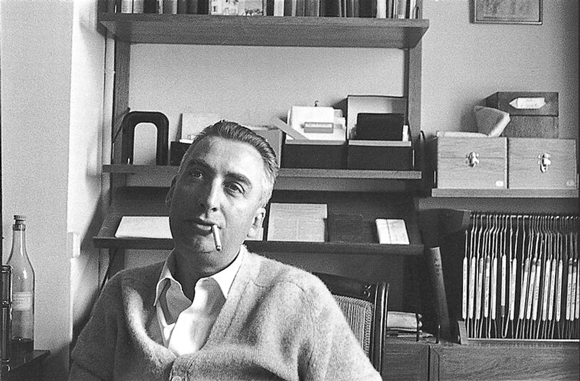Whatever it grants to vision and whatever its manner, a photograph is always invisible: it is not what we see.
Roland Barthes, Camera Lucida[1]
Unlike painting or
sculpture, mediums in which we can clearly see (in most cases) the shift
between world and re-presentation, we rarely notice the media of a photograph;
the frame (paper or screen) does not break the ‘reality’ of the image.
 |
| Naples, Italy 1960 |
For example, in the work surrealist-cum-photojournalist, Henri Cartier-Bresson, we marvel at the 'decisive moment' he is able to capture rather than the literal 'nature' of the photograph: light captured through a lens, impressing itself through bits of chemical and metal solution.
Photographs ‘annihilate’ their medium; they are no longer the sign, but the
thing itself.[2]
A photograph is an image of what never really was, yet the essence of the
photograph is to “ratify what it represents,” certificating presence, and
authenticating the existence of a certain being (whether photographer or
photographed).[3] The photograph is not of a subject, it becomes the subject, the being/the moment it has captured.
 |
| Montmartre, Paris c.1931 |
 |
| Mexico, 1934 |
The aesthetic action of the 'click' is subjective,
filling the photograph with its captor’s presence and authority. The purpose
of photography is to dominate what is seen, within a frame, controlling its fleeting existence. Presuming invisibility, we permit the photograph to frame our perception of reality.

No comments:
Post a Comment